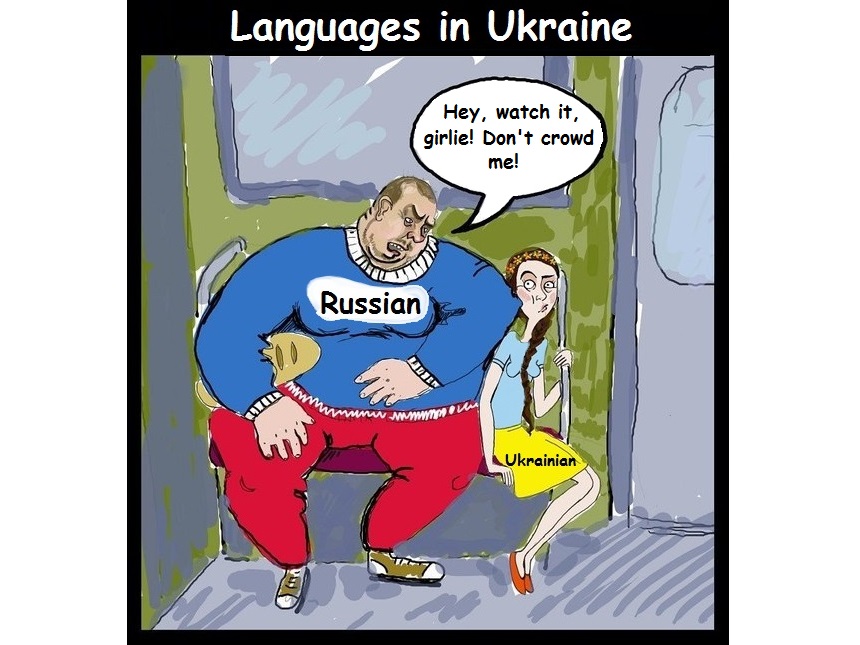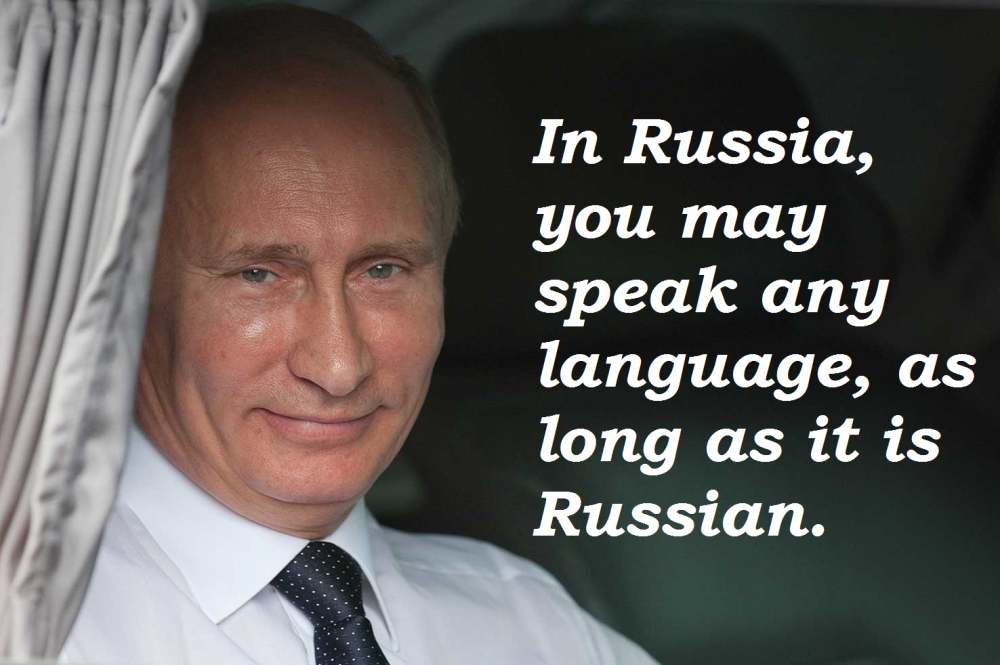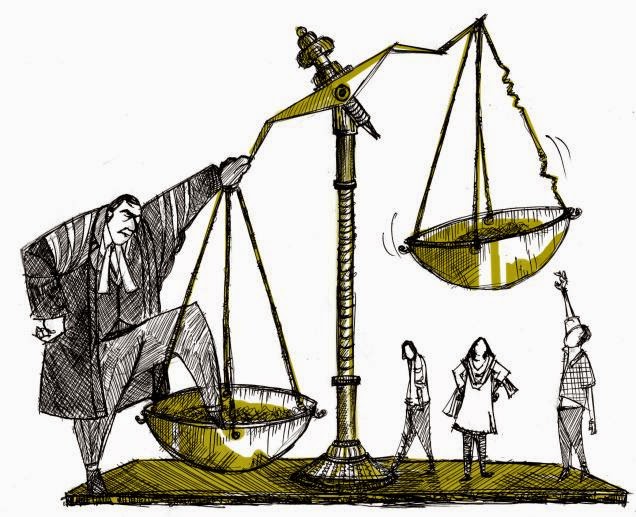As long as Russian military aggression against Ukraine continues, patriotism is likely to trump concerns about domestic difficulties, according to Ella Libanova, a reflection of the fact that “the Maidan and Russian aggression has pushed Ukrainians toward more responsible attitudes toward both their country and their own fate.”
In a commentary
today, the head of the Kyiv Institute of Demography says that the events of the past two years have produced “unexpected reactions in society,” with “Ukrainians beginning to shift away from infantilism and a paternalistic relationship to the state.”
Ever more Ukrainians “recognize that they should not count on ‘the good authorities,’ and this is a positive sign in the development of society,” one that it is giving birth to initiative and the development of small business and the development of a volunteer movement in many spheres.
Only “among people of the older generation,” the demographer says, predominate people who place their hopes in the state, a reflection of the fact that “in the majority of cases, they cannot work and consequently cannot count only on themselves.” But working age Ukrainians no longer pin all their hopes on the state.
“As long as the war goes on,” Libanova says, the problems of unemployment and pensions are unlikely to lead to a new wave of protests. “But this cannot last forever,” and society must “unite itself, create various public institutions and take responsibility for itself and for the country into its own hands.”
The scholar says that she “hopes this process will not stop, that such organizations will multiply, develop, structure themselves and thereby increase their influence on the politics and further development of the country.” And she adds that “the development of civil society will help promote decentralization, the transfer of authority to localities."
If the rise of civil society occurs before decentralization, Libanova continues, “it will protect us against the appearance of little princes who will concentrate all power and economic flows in their hands.”
Despite the progress Ukrainian society has made, she says, there remain “essential risks” that social protests could become more frequent and widespread. “If the foreign policy of the state concerning integration in the European space satisfies Ukrainians on the whole, the internal situation is leading to significant criticism.”
“The main potential catalyst for protests,” Libanova argues, “remains the catastrophically high level of unemployment.” Most of them unemployed are men, she says, and “it is more difficult for the than for women to find alternative activity.” If one adds to the fact that there are a lot of guns in private hands, there is reason for serious concern.
The government thus needs to promote full employment by creating new work places and also by boosting existing Ukrainian industry with government orders, Libanova says.
What she does not say but what her argument implies are two other perhaps even more important lessons. On the one hand, Libanova’s conclusions about the development of Ukrainian civil society suggest that Vladimir Putin got it exactly wrong about that country when he decided to invade.
Projecting his Russian experience on Ukraine, Putin clearly assumed that Ukrainians would not become self-sufficient and increasingly independent of the state if he invaded but just the reverse. If he ultimately recognizes the truth of Libanova’s observations, he would likely achieve more of his goals by moving to some kind of peace than by continuing his aggression.
And on the other hand, the Kyiv demographer’s conclusions are a warning to the West: pushing Ukraine to reach an agreement with Russia before some of its domestic problems are addresses and civil society becomes more firmly entrenched could have the effect of weakening Ukraine and giving Moscow yet another victory it does not deserve.





